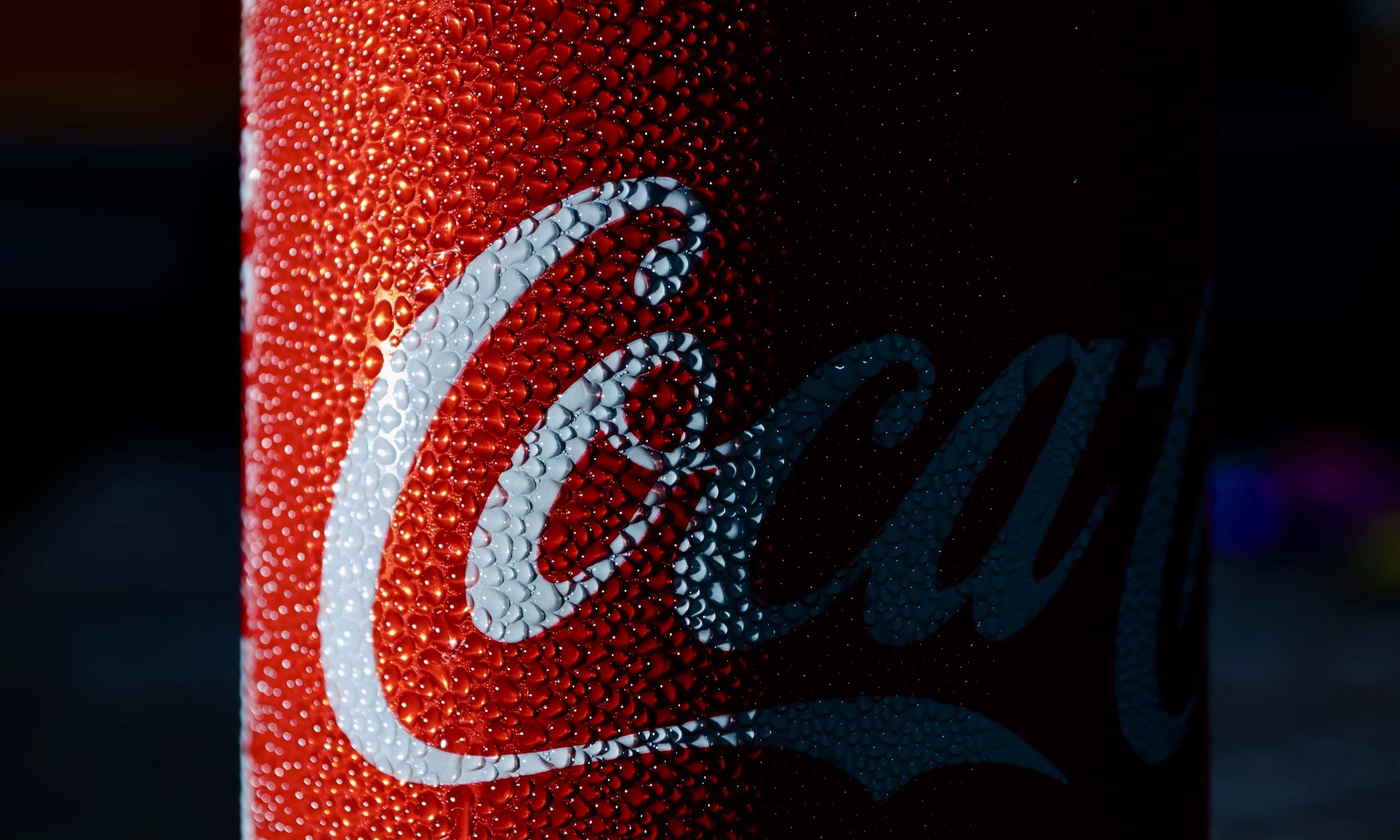Coca-Cola faces lawsuit over "good for you" Minute Maid juice claims. U.S. District Judge questions health implications while FDA lacks sugar intake guidelines. The outcome could reshape industry advertising standards.
Reynolds, who says fruit juices increase the risk of heart disease and type 2 diabetes, argues that Coca-Cola exploits and perpetuates the misperception that juice is healthy by marketing and labeling its Minute Maid juice boxes as being "Good for You!" and "Part of a Healthy, Balanced Diet." The company sought to dismiss the claims in a recent hearing.
During the hearing, Steven Zalesin, an attorney representing Coca-Cola, pointed out that the "good for you" claims on the juice boxes were part of implied and explicit nutrient claims allowed under FDA rules. Zalesin claimed that the messaging was not misleading as the packaging explicitly mentions zero added sugar and the presence of vitamin C, with accompanying information on its health benefits.
However, U.S. District Judge Vincent Chhabria appeared skeptical of Coca-Cola's arguments, suggesting that the messaging on the packaging implies that the juice actively contributes to a healthy diet. Zalesin countered with the U.S. Department of Health and Human Services and the Department of Agriculture's position that 100% fruit juice without added sugars can be part of a healthy dietary pattern.
Chhabria raised concerns that consumers might interpret the pictures of fruit on the juice box as indicating that drinking the juice is as healthy as eating fruit. Paul Joseph, counsel to the plaintiff, argued that using the word "healthy" to advertise a product should be subject to higher standards.
The lawsuit raises important questions about the health claims made by food and beverage manufacturers. The FDA's absence of guidelines on "maximum or correct" daily sugar intake complicates the case. The final decision will shape how companies can market and advertise their products based on nutrient content claims.
As the legal battle continues, consumers remain wary of such claims and the overall impact on their health. With increasing awareness of the potential risks associated with consuming fruit juice, the outcome of this case could have significant implications for the industry.
Photo: himanshu Chaudhary/Unsplash



 Uber Ordered to Pay $8.5 Million in Bellwether Sexual Assault Lawsuit
Uber Ordered to Pay $8.5 Million in Bellwether Sexual Assault Lawsuit  U.S. Vaccine Policy Shifts Under RFK Jr. Create Uncertainty for Pharma and Investors
U.S. Vaccine Policy Shifts Under RFK Jr. Create Uncertainty for Pharma and Investors  Columbia Student Mahmoud Khalil Fights Arrest as Deportation Case Moves to New Jersey
Columbia Student Mahmoud Khalil Fights Arrest as Deportation Case Moves to New Jersey  Stuck in a creativity slump at work? Here are some surprising ways to get your spark back
Stuck in a creativity slump at work? Here are some surprising ways to get your spark back  How to support someone who is grieving: five research-backed strategies
How to support someone who is grieving: five research-backed strategies  Supreme Court Signals Doubts Over Trump’s Bid to Fire Fed Governor Lisa Cook
Supreme Court Signals Doubts Over Trump’s Bid to Fire Fed Governor Lisa Cook  The American mass exodus to Canada amid Trump 2.0 has yet to materialize
The American mass exodus to Canada amid Trump 2.0 has yet to materialize  Weight-Loss Drug Ads Take Over the Super Bowl as Pharma Embraces Direct-to-Consumer Marketing
Weight-Loss Drug Ads Take Over the Super Bowl as Pharma Embraces Direct-to-Consumer Marketing  The pandemic is still disrupting young people’s careers
The pandemic is still disrupting young people’s careers  Glastonbury is as popular than ever, but complaints about the lineup reveal its generational challenge
Glastonbury is as popular than ever, but complaints about the lineup reveal its generational challenge  TrumpRx Website Launches to Offer Discounted Prescription Drugs for Cash-Paying Americans
TrumpRx Website Launches to Offer Discounted Prescription Drugs for Cash-Paying Americans  Trump Backs Nexstar–Tegna Merger Amid Shifting U.S. Media Landscape
Trump Backs Nexstar–Tegna Merger Amid Shifting U.S. Media Landscape  US Judge Rejects $2.36B Penalty Bid Against Google in Privacy Data Case
US Judge Rejects $2.36B Penalty Bid Against Google in Privacy Data Case  Missouri Judge Dismisses Lawsuit Challenging Starbucks’ Diversity and Inclusion Policies
Missouri Judge Dismisses Lawsuit Challenging Starbucks’ Diversity and Inclusion Policies  SpaceX Prioritizes Moon Mission Before Mars as Starship Development Accelerates
SpaceX Prioritizes Moon Mission Before Mars as Starship Development Accelerates 































